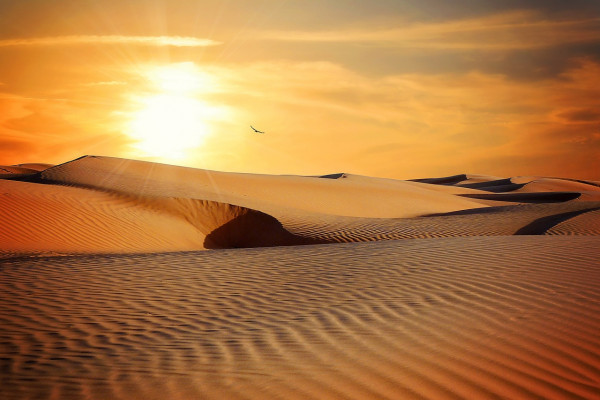Plus mice freezing when they smell cats, and ameliorating the effects of a gene linked to...
Science Podcasts
All of our free science podcasts and science radio shows on science, technology, medicine and engineering in one place...
Featured
We've all heard of Novak Djokovic's tennis racket but what else can graphene be used for?
New research shows that DNA mutations may be less random than previously thought.
Deep-sea bacteria, cigarette smoke and the benefits of sleep.
Generally, things get bigger as they get hotter. Neil Withers examines one of the exceptions – zirconium tungstate
The Naked Scientists tackle your science questions head on.
British astronaut, Tim Peake, bares all, from gravity and guitars to missions to Mars...
Prevention is better than cure. We know the causes, now how do we stop breast cancer?
E-Cigarettes seem to be everywhere but are they healthy or harmful and what's in them?
Long awaited vaccine for life threatening respiratory virus could be around the corner.
Cataracts take years to form, but new research shows that this could be reversed in weeks.
There's more to toluene than TNT, as Brian Clegg reveals
We dish the dirt on pollution and see if electric cars can compete with petrol motors...
Everyone likes a room with a view but why? Is it innate or do we learn to love a vista?
What is the universe made of? Will robots ever take over the world?
Childbirth happens rather a lot - but we still don't know a huge amount about it.
A new material has been created to delay the development of ice.
From an apron aflame to a popular propellant, Michael Freemantle tracks the history of guncotton
In this special debate we ask our experts the BIG question, and why?
Your birth order will not necessarily determine your personality in later life.
A new coating for steel that reduces contaminants, such as bacteria, sticking to it has be
Brian Clegg introduces an essential nutrient, and the first to hold the name 'vitamin': Thiamine or vitamin B
Seven major engineering projects in the UK have been given 21 million in funding.
We look at science from around our world, which could help us build a home on another.
